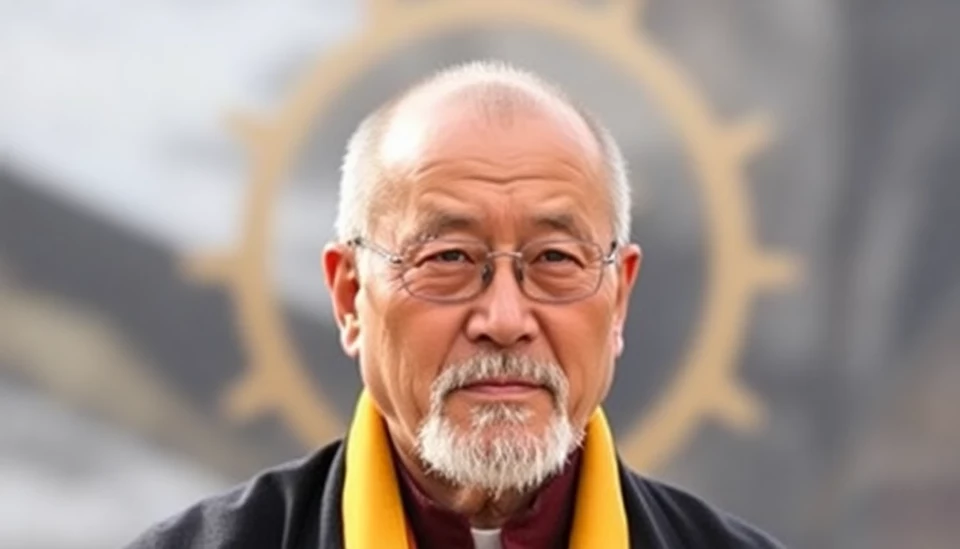
In a striking commentary, the exiled leader of Tibet, Losang Sangay, has vocalized his support for the trade tariffs imposed by former President Donald Trump as a strategy to counter China's economic dominance and human rights abuses in Tibet. Sangay, who has been a prominent advocate for Tibetan autonomy, believes that these tariffs could serve as a necessary economic pressure on the Chinese government, prompting change.
Sangay's remarks come at a time when geopolitical tensions between the U.S. and China are at an all-time high, with numerous issues ranging from trade practices to human rights violations taking center stage. The Tibetan leader argues that the tariffs are not only a strategic economic maneuver but also a moral imperative, providing a way to hold China accountable for its aggressive policies and treatment of Tibetan people.
Highlighting the inequality and oppression faced by the Tibetan population under Chinese rule, Sangay stated, "The tariffs have the potential to disrupt China's economic growth, which in turn could influence their aggressive policies towards Tibet and other regions." He pointed out that the international community needs to take a firmer stance against China's human rights violations, emphasizing the importance of supporting what he calls the "tibetan cause."
In a broader context, Sangay also reflected on the need for global collaboration to address the ongoing repression in Tibet. He has called upon Western nations to unite in their efforts to apply pressure on Beijing, suggesting that a united front could be more effective than isolated actions. The tariffs, according to Sangay, represent an opportunity for Western countries to rethink their economic relationships with China, particularly in light of the increasing evidence of China’s disregard for international human rights standards.
Notably, Sangay's stance is not without controversy. Critics argue that while tariffs may inflict short-term economic pain on China, they could also lead to retaliatory measures that might hurt global markets and economies, including those of the United States. Nevertheless, Sangay remains resolute in his belief that the call for justice and recognition of Tibetan rights outweighs the potential economic fallout. He encourages supporters of Tibet around the world to engage with their governments to promote similar stances on tariffs and human rights.
As tensions between the U.S. and China evolve, the role of international figures like Sangay will likely remain crucial in raising awareness about Tibet's plight. In his view, the economic powerhouses must not overlook the moral dimensions of their trade policies, as the stakes continue to rise not just for Tibetans but for human rights advocates globally.
This dialogue around tariffs, human rights, and economic strategies not only points towards a complex future in U.S.-China relations but also amplifies the voices of those in marginalized communities who are striving for recognition and autonomy amidst oppressive regimes.
#Tibet #LosangSangay #DonaldTrump #ChinaTariffs #HumanRights #TibetanAutonomy #USChinaRelations
Author: Laura Mitchell

